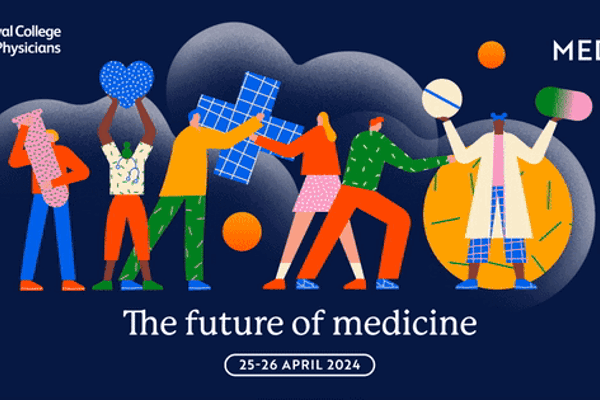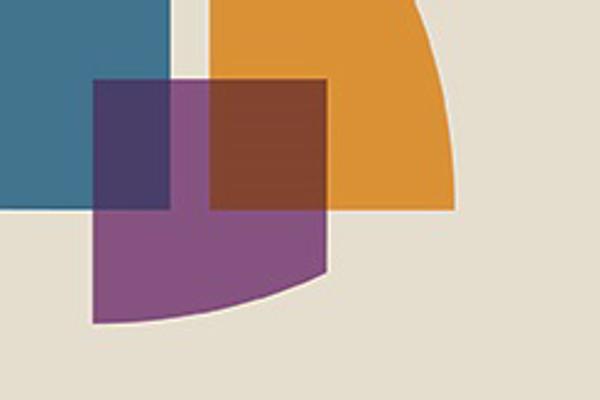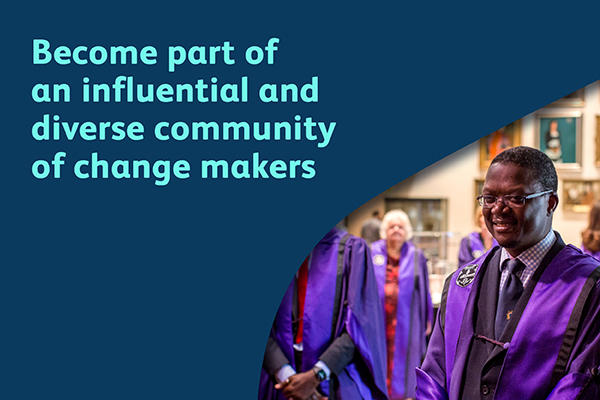This piece is part of a series of blog posts by members of the Inequalities in Health Alliance, highlighting the breadth of health inequalities that exist throughout society. #EverythingAffectsHealth
Neerja Jain, health equalities programme manager at Kidney Research UK, explains how the peer educator initiative could help tackle health inequalities in people at risk of kidney disease.
Kidney disease affects over 3 million people in the UK and the numbers are rising. Diabetes and hypertension are leading causes. The disease severely impacts people’s lives and is associated with high levels of mortality. There is no cure for kidney failure.
In 2019 Kidney Research UK published a report on health inequalities. People from South Asian and Black backgrounds are three to five times more likely to require dialysis and wait much longer for a kidney transplant on average than people from a White background. In addition, people from socially deprived communities are more likely to develop chronic kidney disease, progress faster towards kidney failure and die earlier.
We believe our evidence-based peer educator model which has been used effectively to address kidney awareness and the shortage of organ donation, could be readily used to tackle health inequalities in other areas. Training and supporting people to volunteer within their own communities helps to deliver effective health messaging and change behaviours.
Language, culture and religious health misconceptions, disadvantage and barriers can significantly contribute to structural inequalities. A culturally sensitive community outreach educational programme, can therefore help to overcome major obstacles. The peer educator model can achieve this through meaningful and effective dialogue and engagement, and by engendering the all-important trust crucial to support healthy behaviours and lifestyle changes.
We have trained over 160 peer educators around the UK – from a cross-section of people of different ages, ethnicities, religion and socio-economic status. We have engaged with more than 40,000 people ‘at risk’ in many UK cities across various projects.
Since 2006, across the UK, we have also had invaluable dialogue and partnership working with highly influential and revered faith leaders. They have been pivotal to our success. We work collaboratively with grassroots organisations and groups to have a more effective, partnership approach to addressing inequalities, while building capacity to enhance sustainability and long-lasting change.
COVID-19 has further exposed and deepened health inequalities, especially among minority ethnic and socially deprived communities. The peer educator model is very adaptable and flexible and has been used in socially deprived communities, with younger and older age groups.
The pandemic has also re-emphasised the adage ‘prevention is better than cure’. Kidney disease and its main causes (diabetes and hypertension) can be prevented/managed with correct and timely health promotion messages from peer educators.
Intuitively, this model has strong, wide appeal, having garnered support and accolades and is now a multi-award winning initiative in England and Scotland. Two of our longest serving peer educators have been recognised in the Queen’s Honours for their life-saving contributions to our work.
Our teams have delivered successful initiatives for over 15 years. They have worked with patients directly to reduce inequalities in their care and treatment in settings such as in dialysis units and in patients’ homes. This vast experience could easily be used in other disease areas and geographical locations across the UK.





